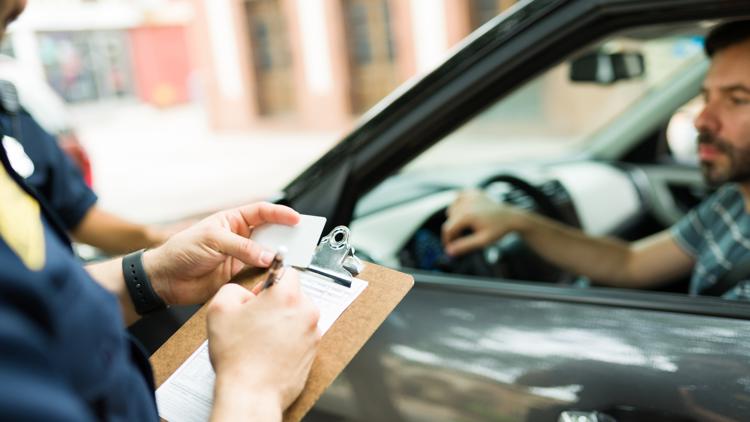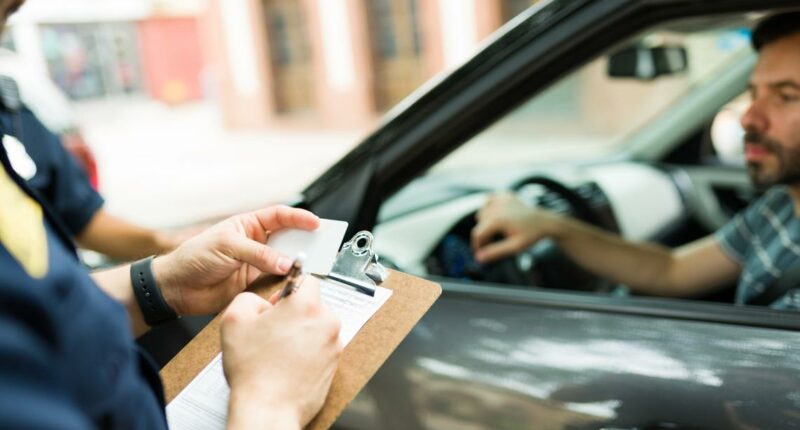Share this @internewscast.com

As of July 1, 2025, a stringent new law in Florida is cracking down on drivers engaging in extreme speeding. The law specifically targets those driving 50 mph over the posted limit or those reaching speeds of 100 mph or more.
TAMPA, Fla. — In the short span since its enactment, Florida’s ‘Super Speeder’ law has led to over 500 arrests, illustrating the state’s commitment to curbing dangerous driving behaviors.
The Florida Department of Highway Safety and Motor Vehicles reported to 10 Tampa Bay News that 560 individuals have been arrested under this legislation. The highest number of arrests occurred in August, with authorities detaining 212 drivers.
Below is a detailed month-by-month tally of the super speeder arrests:
- July: 125
- August: 212
- September: 132
- October: 91 (currently)
The ‘Super Speeder’ law originates from House Bill 351, designed to address severe speeding by reclassifying such actions from traffic infractions to criminal offenses. This applies to drivers who exceed the speed limit by 50 mph or more or drive at a minimum of 100 mph, irrespective of the posted limit.
What is the ‘Super Speeder’ law in Florida?
For a first offense, drivers could face up to 90 days in jail, a $500 fine, and a compulsory court appearance. Repeat offenders within a five-year period might incur penalties of up to six months in jail, fines reaching $1,000, and potentially a license suspension for up to one year.
The first offense can carry up to 90 days in jail, a fine of $500 and a mandatory court appearance. A second offense within five years could mean up to six months in jail and a fine of up to $1,000, along with a license revocation of up to one year.
The bill states the following:
A person may not drive a vehicle on a highway at a speed greater than is reasonable and prudent under the conditions and having regard to the actual and potential hazards then existing. Speed must be controlled as may be necessary to avoid colliding with any person, vehicle, or other conveyance or object on or entering the highway in compliance with legal requirements and the duty of all persons to use due care.

















